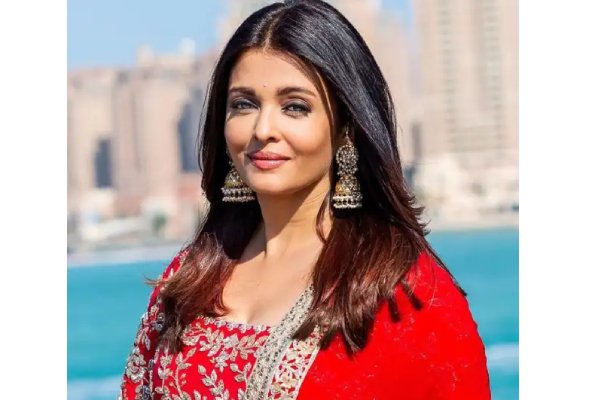High Court Steps in After Aishwarya Rai’s Complaint
The Delhi High Court has stepped in to safeguard the personality rights of Bollywood actor Aishwarya Rai Bachchan, following her complaint that her images were being morphed and misused online. The court, during proceedings on Tuesday, observed that her likeness had been unlawfully exploited by multiple entities on the Internet without her consent.
Justice Tejas Karia, who presided over the matter, confirmed that injunction orders would be passed against each of the defendants involved in circulating or monetising such images. The court noted that the misuse included artificial intelligence-generated and intimate photographs that were not authentic but were being presented as real.
Actor’s Counsel Raises Concerns Over Image Misuse
Senior Advocate Sandeep Sethi, representing Aishwarya Rai, submitted that her photographs and likeness were being used to promote merchandise such as coffee mugs, posters, and other consumer goods without authorisation. More troubling, he said, was the circulation of fabricated and pornographic visuals using her name and face.
“These are never images belonging to Aishwarya Rai. Neither has she authorised such images. They are all AI generated. Some intimate photographs, which are completely unreal, are being circulated. Her name and likeness are being misused to satisfy someone’s sexual desires. Very unfortunate,” Sethi told the court.
He stressed that such unauthorised use infringed upon the actor’s publicity and personality rights, which are recognised under Indian law as integral to an individual’s dignity and identity.
Court Directs Takedown of Specific Links
During the hearing, Google’s counsel referred to a past case related to the film Andaz Apna Apna, where infringing links were taken down after notice. However, the court clarified that in Aishwarya Rai’s case, specific action would be required.
Justice Karia ordered that 151 URLs flagged by the actor’s legal team be removed immediately. “There are only 151 URLs which will form part of the order as far as you are concerned. You take down,” he said while directing the search engine giant to comply.
The judge further explained that while the prayers made in the petition were broad, injunctions would be issued separately against each defendant so that responsibility could be individually enforced. The takedown order was scheduled to be uploaded by Tuesday evening.
Importance of Personality Rights in India
The case once again highlights the growing importance of personality rights in India, particularly in the age of artificial intelligence and digital media. With the widespread availability of AI tools, creating deepfake and morphed images of celebrities has become increasingly common. Legal experts point out that courts are being forced to adapt quickly to protect individuals from reputational harm.
Aishwarya Rai’s case is not the first of its kind. Several Bollywood actors, sports stars, and public figures have previously approached courts seeking injunctions against unauthorised exploitation of their name and likeness. The judiciary has consistently upheld such rights, recognising the potential for commercial misuse and moral harm.
Next Hearing Scheduled for January 2026
The matter has now been listed for further hearing on January 15, 2026. Until then, the injunction orders and takedown directions will remain in force.
Legal analysts note that the outcome of this case could set a precedent for future disputes involving AI-generated content and personality rights. If the court’s directions are strictly implemented, it may act as a deterrent to websites and individuals who seek to profit from misusing celebrity images.
For Aishwarya Rai Bachchan, one of India’s most internationally recognised actors, the court’s intervention comes as a vital safeguard for her reputation and dignity in the digital space.
Conclusion
The Delhi High Court’s firm stance in Aishwarya Rai’s case underscores the urgency of addressing the misuse of technology for malicious purposes. By issuing separate injunctions against multiple offenders and directing takedowns of objectionable content, the court has reinforced the principle that personality rights must be respected. The hearing in January 2026 is expected to further clarify the legal contours of protecting celebrities from the dangers of deepfakes and digital impersonation.








